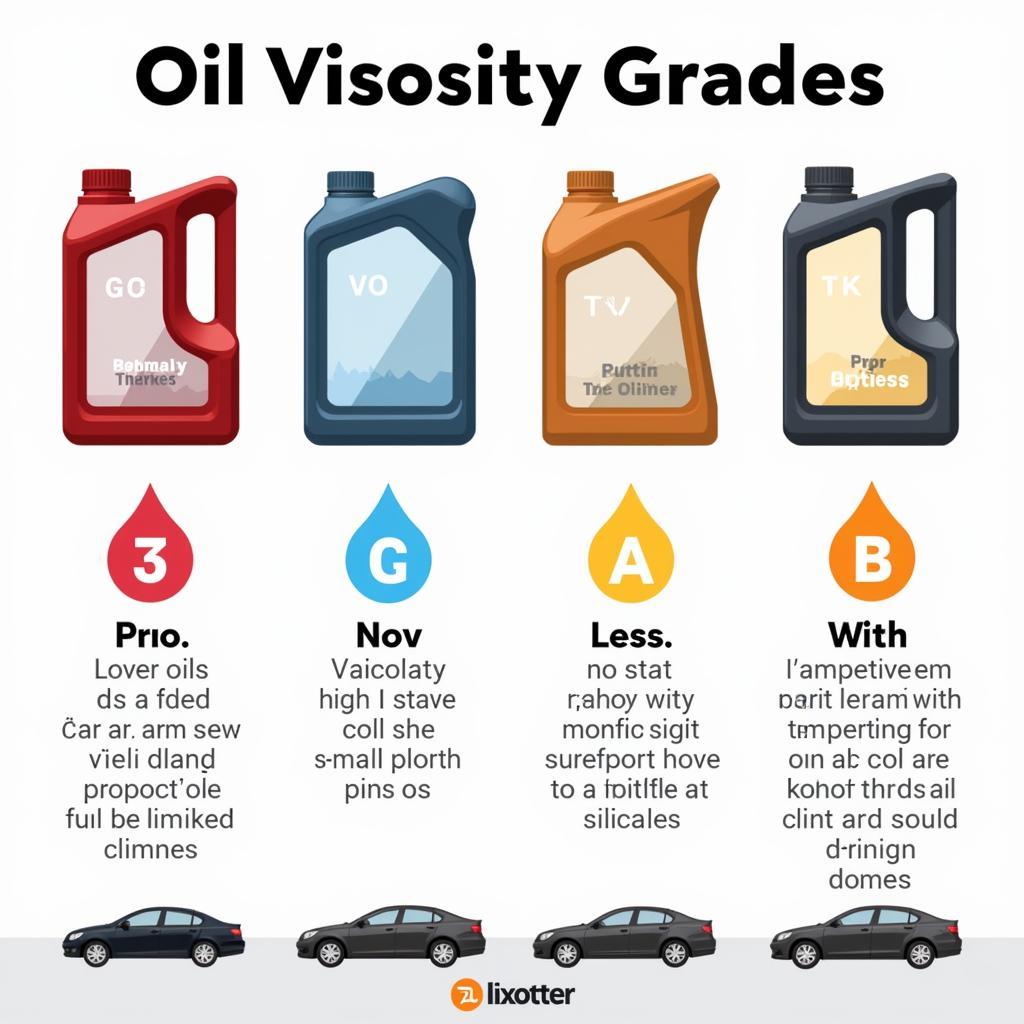Where Do Car Service Places Bring Oil?
Understanding where car service centers source their oil is crucial for ensuring your vehicle receives the best possible care. This article delves into the supply chain of motor oil, from its origins to your car’s engine. We’ll explore the different types of oil, how service centers choose their suppliers, and what you should know to make informed decisions about your car’s maintenance. Let’s get started!
After your car service, you might want to know what you need for the next one. Check out this helpful resource: what do you need for a car service.
The Journey of Oil: From Refinery to Your Car
Most car service places acquire their oil from a few key sources: bulk distributors, oil companies directly, or specialized automotive parts suppliers. These sources provide a steady stream of various oil types, ensuring service centers can cater to a wide range of vehicle makes and models.
Bulk Distributors: The Wholesale Giants
Bulk distributors act as intermediaries between oil refineries and service centers. They purchase large quantities of oil from various refineries, store it in their warehouses, and then distribute it to smaller businesses, including car service centers. This allows service centers to access a variety of brands and oil grades without needing to deal directly with multiple refineries.
Oil Companies: Direct Sourcing
Some larger car service chains or dealerships might establish direct relationships with oil companies. This can offer cost benefits due to bulk purchasing and potentially tighter quality control. However, it often limits the variety of brands available to the service center.
Automotive Parts Suppliers: A One-Stop Shop
Many car service centers rely on automotive parts suppliers who offer a comprehensive range of products, including motor oil. This streamlined approach simplifies inventory management for the service center. These suppliers often carry multiple oil brands, offering a balance between variety and convenience.
How Do Car Service Centers Choose Their Oil Suppliers?
Car service centers consider several factors when selecting their oil suppliers. Cost, of course, is a major consideration, as is the quality and reputation of the oil brands offered. Availability and delivery reliability are also crucial, as is the range of oil types and grades offered by the supplier. Some service centers may prioritize environmentally friendly oils or partnerships with suppliers who offer training and support.
Do you know if car service is considered an essential business? Find out more: is car service essential business.
## Deciphering the Oil Grades: What Does it Mean for Your Car?
Understanding the different oil grades is vital for optimal engine performance. The Society of Automotive Engineers (SAE) viscosity grading system categorizes oils based on their thickness or viscosity. Lower numbers indicate thinner oils, suitable for colder temperatures, while higher numbers signify thicker oils, designed for warmer climates.
Multi-Grade Oils: The Versatile Choice
Modern engines typically use multi-grade oils, denoted by a two-number designation (e.g., 5W-30). The first number, followed by “W” for winter, represents the oil’s viscosity at low temperatures, ensuring easy engine starting in cold weather. The second number indicates the oil’s viscosity at high temperatures, providing adequate lubrication when the engine is hot.
 Different Oil Viscosity Grades and Their Applications
Different Oil Viscosity Grades and Their Applications
Where to Find Reliable Car Service?
Choosing the right car service center is essential. For a reliable service, consider factors like certifications, customer reviews, and the types of oil they use. You might be wondering, “Where to take my car for a service?” Explore your options here: where to take my car for a service.
The Importance of Quality Oil
Using high-quality oil, specifically designed for your car’s make and model, is paramount. It protects your engine from wear and tear, maintains optimal performance, and can even improve fuel efficiency.
“Using the correct oil is like giving your engine a vitamin boost,” says John Miller, a certified automotive technician with 20 years of experience. “It’s a small investment that can significantly prolong the life of your engine.”
 Mechanic Checking Oil Level in a Car Engine
Mechanic Checking Oil Level in a Car Engine
Conclusion: The Right Oil, the Right Place
Knowing where car service places source their oil empowers you to make informed decisions about your vehicle’s maintenance. By understanding the different types of oil, the factors influencing a service center’s choice of supplier, and the importance of quality oil, you can ensure your car receives the best possible care. Always consult your owner’s manual for the recommended oil type and service intervals.
FAQ
- What type of oil should I use in my car? Consult your owner’s manual for the manufacturer’s recommendation.
- How often should I change my car’s oil? This depends on your car and driving habits. Check your owner’s manual.
- Can I bring my own oil to a car service center? Some centers allow this, but others may not. It’s best to inquire beforehand.
- What are the signs of low oil? Warning lights, unusual engine noises, and decreased performance can indicate low oil levels.
- Is synthetic oil better than conventional oil? Synthetic oil offers better performance and protection, especially in extreme temperatures.
- What happens if I use the wrong type of oil in my car? Using the wrong oil can damage your engine and void your warranty.
- How do I dispose of used motor oil? Most car service centers accept used oil for recycling.
Thinking about servicing your car yourself? Check out: can we do car service anywhere. Also, if you’re an early bird, can i drop my car off early for service might be useful for you.
Need help with car diagnostics or service? Contact us via WhatsApp: +1(641)206-8880 or Email: [email protected]. Our customer support team is available 24/7.

